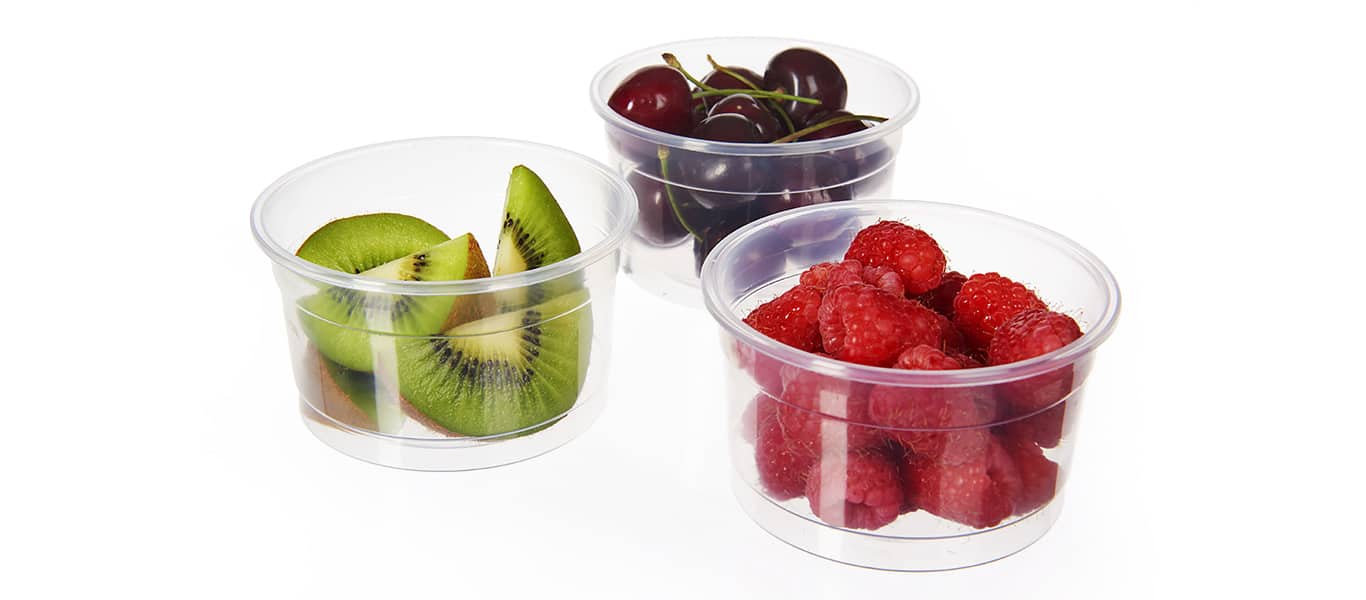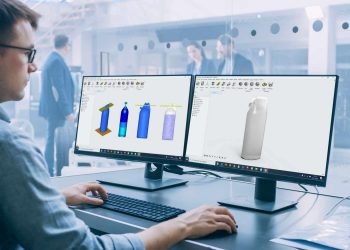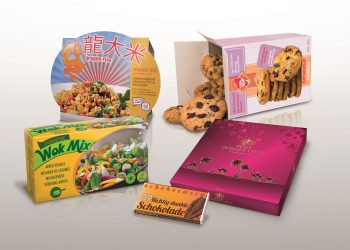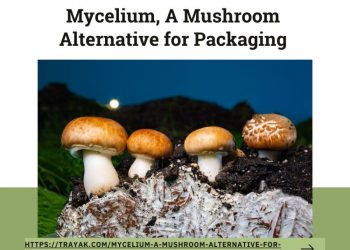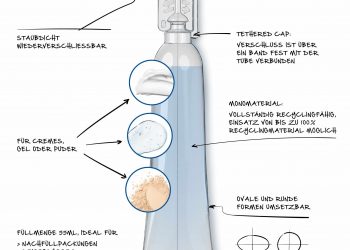Everyday millions of people heat a lasagne, eat a salad or sip a soda that comes in a plastic container. Plastic packaging is the workhorse material of our modern economy and, among other benefits, helps to extend the life of fresh food, reducing food waste. Because chemicals can migrate from plastic food contact materials into food, the safety of these materials is thoroughly evaluated before approval. In the European Union, for example, the safety of food contact materials – such as containers, kitchen equipment and cutlery – is assessed by the Scientific Panel on Food Contact Materials, Enzymes and Processing aids1, mainly concerning substances and processes evaluated by European Food Safety Authority2 before their use can be authorized in the EU.
Materials need to be manufactured in compliance with EU regulations so that any potential transfer to foods doesn’t raise safety concerns, change the composition of the food in an unacceptable way or have adverse effects on its taste and/or odour3. These strict EU regulations are in place to safeguard consumers and are updated regularly to take into account new scientific evidence.
And this is where ‘specific migration limits’ come in. These ensure that substances that may migrate into food will do so to such a limited extent that, from a health perspective, their presence in food is negligible and of no concern. Specific migration limits have been set for more than 1,000 different monomers and additives, determined from toxicological studies on packaging and other things like kitchen utensils and food processing devices.
Specific migration limits are also relevant in the context of the European Commission’s new Farm to Fork Strategy, described as a comprehensive approach to how Europeans value food sustainability. Part of this strategy is focused on packaging and food contact materials, with the Commission saying it will revise existing legislation to further improve food safety and public health, support the use of innovative and sustainable packaging solutions and promote re-usable and recyclable materials. It is expected a draft action plan will be published towards the end of 2022.
With a focus on R&D, Milliken is continually developing next generation additives for performance and sustainability, keeping in view ever changing regulatory requirements. Hyperform HPN 909ei is a high-performance additive for polypropylene (PP) for food contact material including packaging, drink cups and lids and thermoformed trays. Designed for use by thermoformers in polypropylene homopolymers, Hyperform HPN 909ei has one Specific Migration Limit less than the previous generation product. This means there is one less substance that must be monitored and tested for, reducing the compliance burden of customers. With this simplification, the reassurance of safety is even stronger
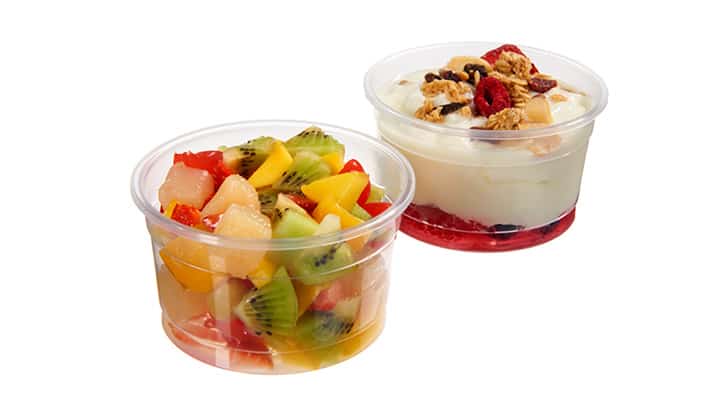
By reducing the haze and the yellowness index, with final parts that are cleaner, clearer and more transparent Hyperform HPN 909ei also supports sustainability efforts by allowing end users to substitute highly recyclable polypropylene for other materials in some of their applications.
With its growing range of Hyperform HPN high performance additives, Milliken continues to help converters improve their processing and enhance the performance of their final PP parts. In addition, the benefits delivered by Hyperform HPN 909ei address the various targets of the EU’s Farm to Fork strategy – even higher standards in food safety and public health and moves towards much greater sustainability.
References
1 https://www.efsa.europa.eu/en/panels/cep
2 https://www.efsa.europa.eu/
3 https://www.efsa.europa.eu/en/topics/topic/food-contact-materials
Bhavesh Gandhi is Global Productline Manager – Hyperform®, for the Plastics Additives business of Milliken's Chemical Division of Milliken & Company. He has 19 years of experience in clarification & nucleation technologies for polyolefins. Mr. Bhavesh Gandhi began his career with Milliken as a Technical Development Associate in 2002 following Master Degree in Chemical Engineering at University Of Missouri – Rolla. He earned a B. E. in Chemical Engineering from Maharaja Sayajirao (M. S.) Gayakwad University in India and completed MBA in International Business from Indian Institute of Management – Calcutta.

